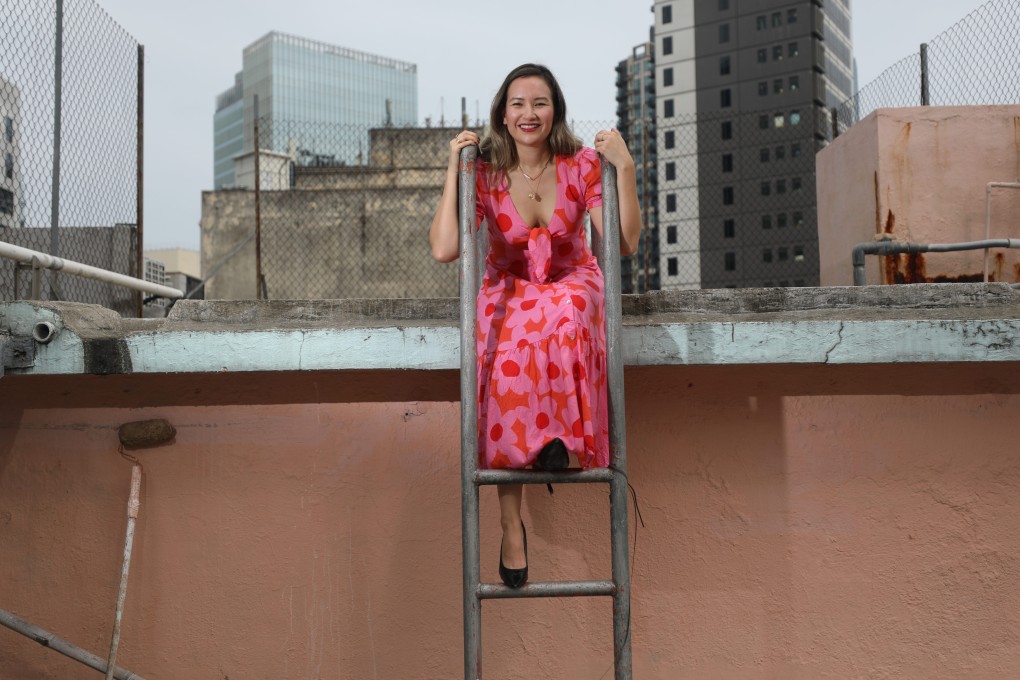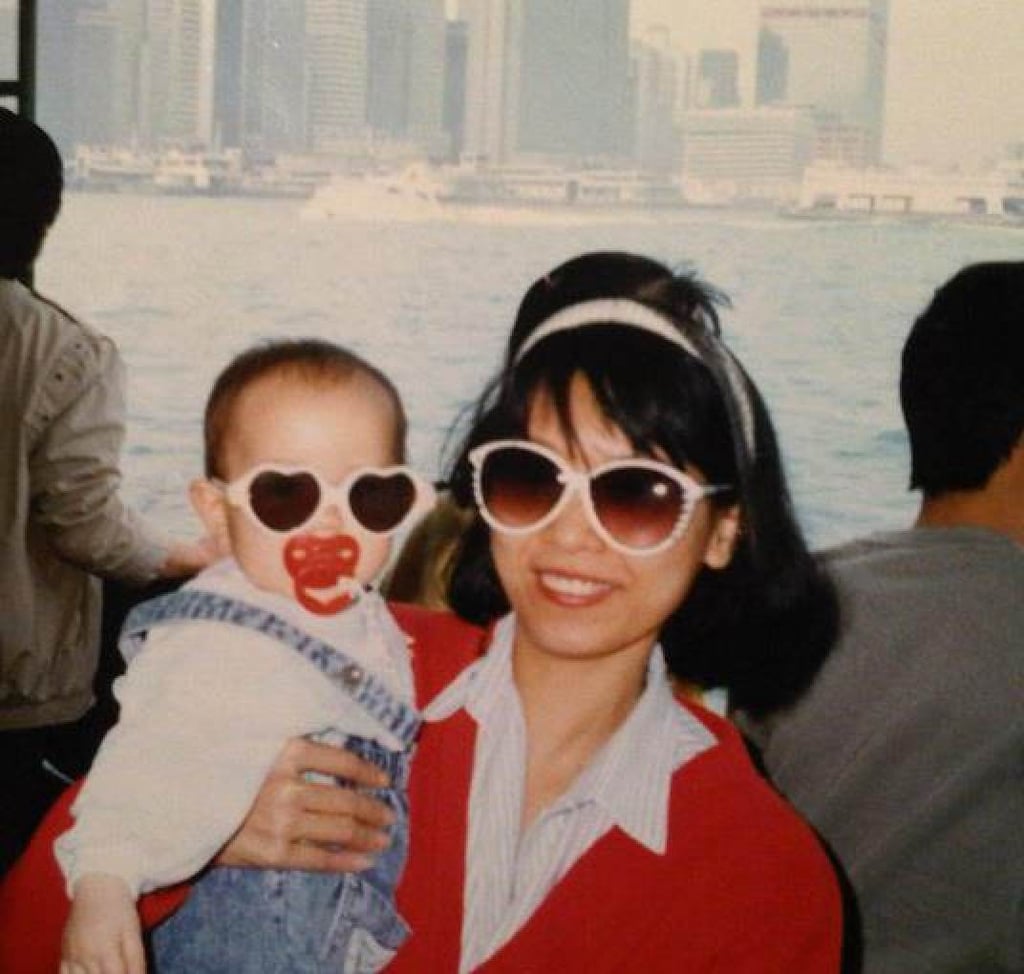Advertisement
She’s faced racism, sexism – now she’s at the top, and helping other women and girls climb the ladder
- Belinda Esterhammer, Asia CEO for social impact platform The DO, talks about growing up Asian in Austria, tackling sexism and her passion for empowering women
Reading Time:5 minutes
Why you can trust SCMP
2

My father is Austrian and my mother is Cantonese, and their story began when they met on a plane – a love-at-first-flight kind of story.
Advertisement
Growing up in a small village outside Innsbruck in Austria with my brother, Oliver, we stood out as the only Asians. We faced some hurtful teasing and discrimination.
When out with our mum and speaking Cantonese, people would sometimes try to mimic our conversation – ching, chang, chong and that sort of stuff, but we tried not to let it bother us.
In fact, it made us more resilient.

To tell the truth, being different sometimes worked to my advantage. During an interview for my first internship in Barcelona, the HR lady remarked, “Your mum is Chinese, so you must be hardworking and good with numbers.”
Advertisement
It was a pretty inappropriate comment, but I just ran with it and replied, “Yes, of course.”

Advertisement